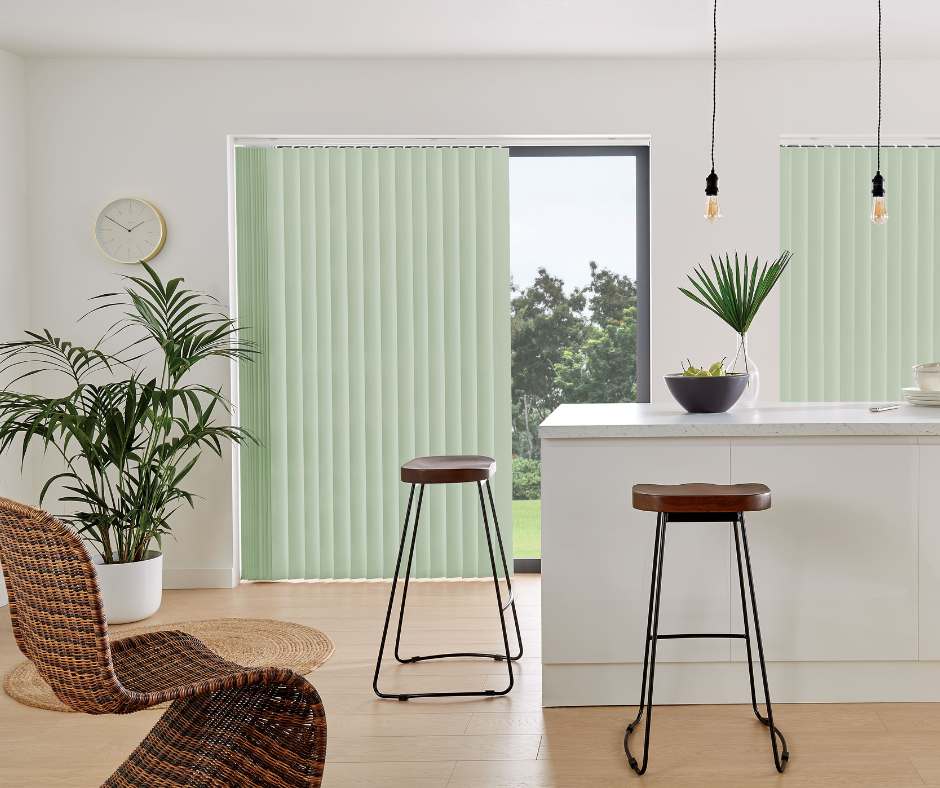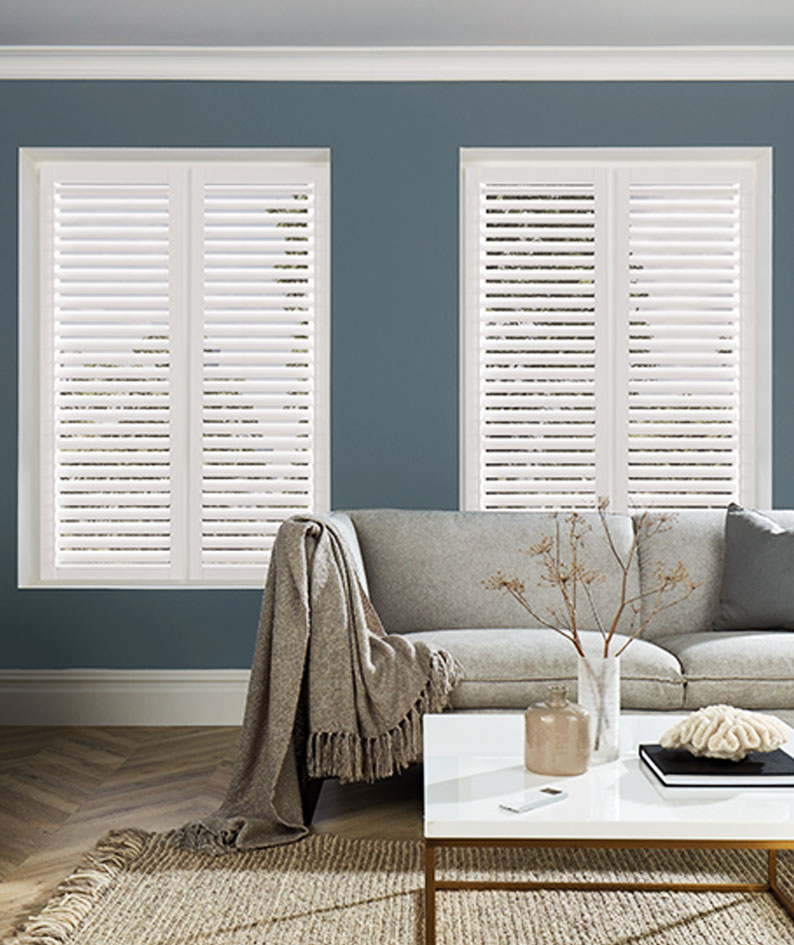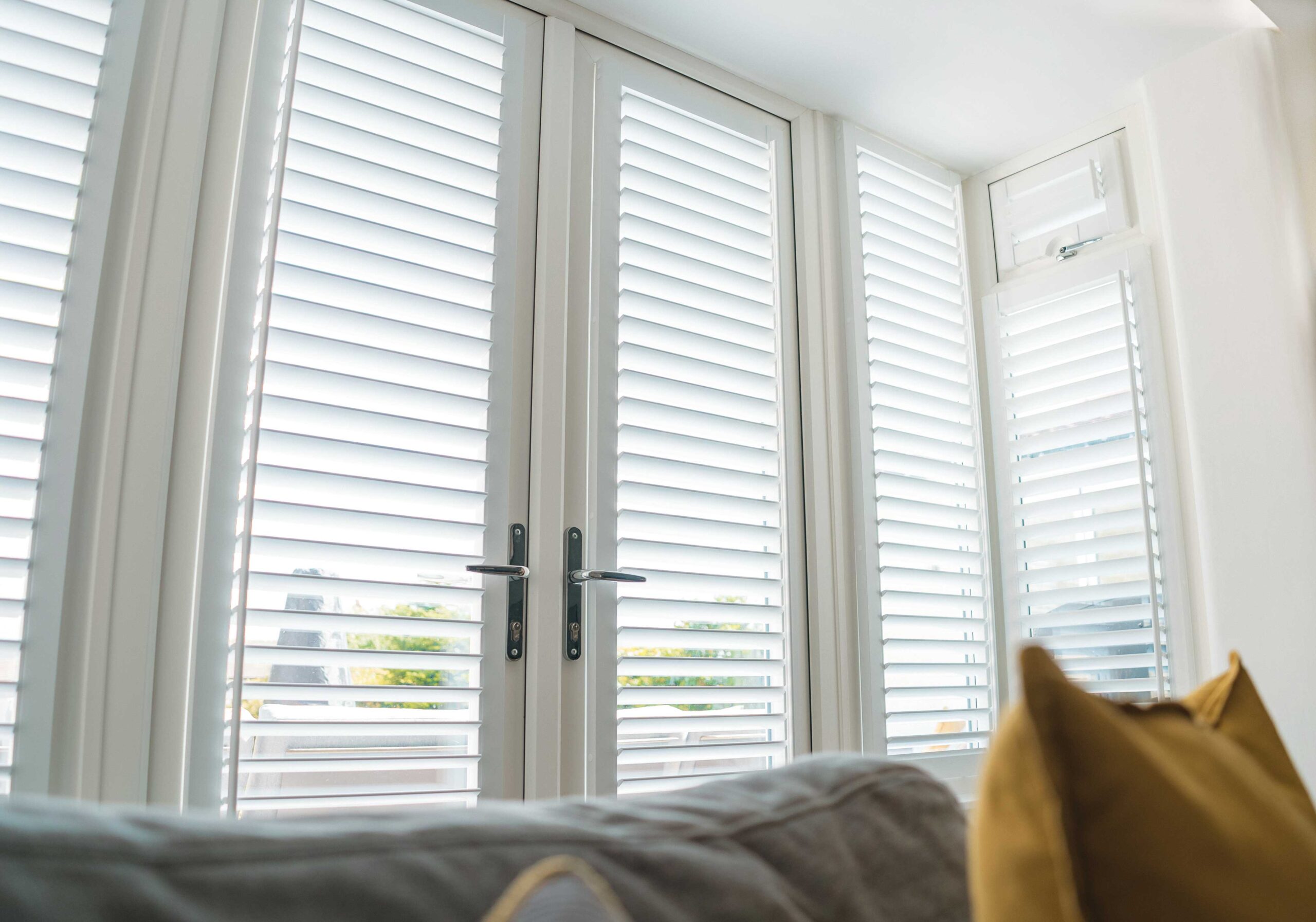How Blinds Can Help with Hay Fever
Mar 26 2024
As the seasons change and nature awakens, many individuals find themselves battling the unwelcome symptoms of hay fever. While medications and lifestyle adjustments surely offer relief, one often overlooked solution lies within our own homes: blinds. In this post, we’ll explore how blinds can play a significant role in mitigating hay fever symptoms and creating a more comfortable living environment.

The Role of Blinds
Blinds act as a barrier between indoor spaces and outdoor allergens, helping to reduce the infiltration of pollen and other irritants into the home. Here’s how blinds can help alleviate hay fever symptoms:
Pollen Protection
During high pollen seasons, keeping windows closed and utilizing blinds can prevent pollen from entering the home and exacerbating allergy symptoms. Blinds create a physical barrier that blocks pollen particles from infiltrating indoor spaces.
Dust Mite Defense
Dust mites thrive in warm, humid environments, making window treatments essential for controlling indoor humidity levels. By using blinds to regulate airflow and reduce moisture buildup, homeowners can create an inhospitable environment for dust mites, thereby minimizing allergic reactions.
Easy Cleaning
Unlike curtains or drapes, blinds are easier to clean and maintain, making them a practical choice for individuals with allergies. Regular dusting or wiping down blinds helps remove accumulated allergens, ensuring a cleaner indoor environment and reducing the risk of allergic reactions.
Light Control
While not directly related to hay fever, controlling sunlight with blinds can indirectly benefit allergy sufferers. By minimizing direct sunlight exposure, blinds can help reduce indoor humidity levels, which can deter mold growth—a common allergen trigger.

Choosing the Right Blinds
When selecting blinds to help alleviate allergies, opt for options that are easy to clean, like smooth-surfaced roller blinds or faux wood blinds. Consider materials such as aluminum or PVC, which deter mold and mildew, making them suitable choices for high-moisture areas. For bedrooms, blackout blinds, whether roller or vertical, effectively block out allergens while fostering a snug, allergen-free sleep environment. These simple choices, whether it’s roller, faux wood, aluminum, PVC, or blackout blinds, can substantially enhance your home’s comfort for hay fever or allergy sufferers.


Content Writer at Your Blinds Direct
